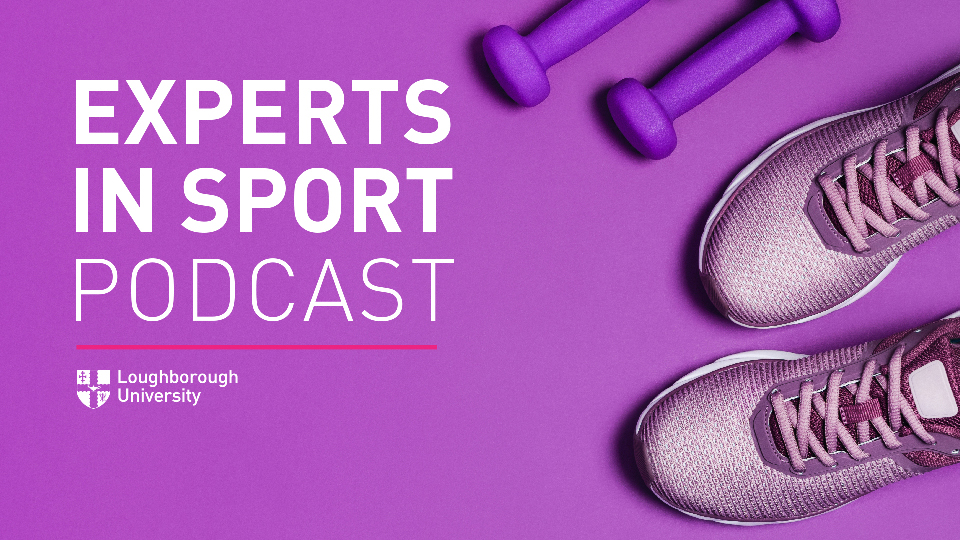In this week’s Experts in Sport podcast, host Martin Foster (Applied Sport Management Lead) is joined by Loughborough University’s Lettie Bishop, Professor of Exercise Immunology, and Dr Martin Lindley, Senior Lecturer and Director of Biosciences within the School of Sport, Health and Exercises Sciences.
The panel discuss exercise, immune defence and illness in elite athletes, training volume and intensity and its potential impact on immune function, and professional advice given to elite athletes regarding the current COVID-19 pandemic.
To begin, Martin poses the question of whether elite athletes are more susceptible to illness.
“There is a lot of evidence to suggest ‘yes they are’…it’s not the majority but it’s a significant group…respiratory and gastro infections seem to be the biggest problems. It seems to mainly affect those competing in endurance events, but team sports are also affected…the data that comes from the London 2012 Olympic Games was across all sports with no necessary pattern,” explained Professor Bishop.
“Respiratory infections were high in beach volleyball as well as long-distance events like you’d expect. It seems to be related to the athlete lifestyle and general behaviours of an elite athlete.
“There’s work out now which suggests that if athletes can’t train to their optimum – if they’re always sick and unable to train – they simply won’t reach their performance goals.”
However, as Professor Bishop explains, the current break from the ‘norm’ could well be seen as a positive for athletes.
“Right now, if athletes are following the restrictions in place, risk of virus exposure is low and the training behaviour and recovery time may also reduce usual physiological and psychological strains that training can place on the immune system,” she said.
“The current situation may be providing a positive situation for health. The issue then is to ensure that once the restrictions are lifted training volume is carefully controlled to make sure these benefits are not quickly lost.”
With some athletes potentially at heightened risk, it was also discussed at how this may look in practice.
“One of the best ways to monitor how your immune system might be faring is to see how tired you are. Fatigue is a brilliant surrogate marker for stress on your immune system,” said Professor Bishop.
Dr Lindley explained how this was an effective marker to implement within current training schedules; “this is quite a simple thing to do. Athletes will already have a long-term training plan to add in a column where they’re just giving a reflective feeling on their fatigue...and then monitor this on a weekly basis, you should notice when you start to ‘drift’.”
The importance of recovery and controlled exercise is also touched upon, with Professor Bishop urging athletes “the more intense training is, and the more tired you feel at the end, you have to let yourself recover.”
This is a thought echoed by Dr Lindley; “the hour benchmark is a good indicator for exercise…some athletes tend to extend exercise over much lengthier periods and the volume starts to creep up. If you can put a time limit on it, you are restricting stress on the body.”
The anxieties athletes will be feeling whilst being unable to train, compete, and achieve performance goals is also discussed in further detail during the episode.
The full episode can be found above and listeners can subscribe to the podcast by visiting Buzzsprout. All subscribers will receive an alert once new episodes are published.
The 'Experts in Sport' podcast is a regular series that brings together experts from across Loughborough University with external thought leaders to discuss the latest research and hot topics in sport and academia.
